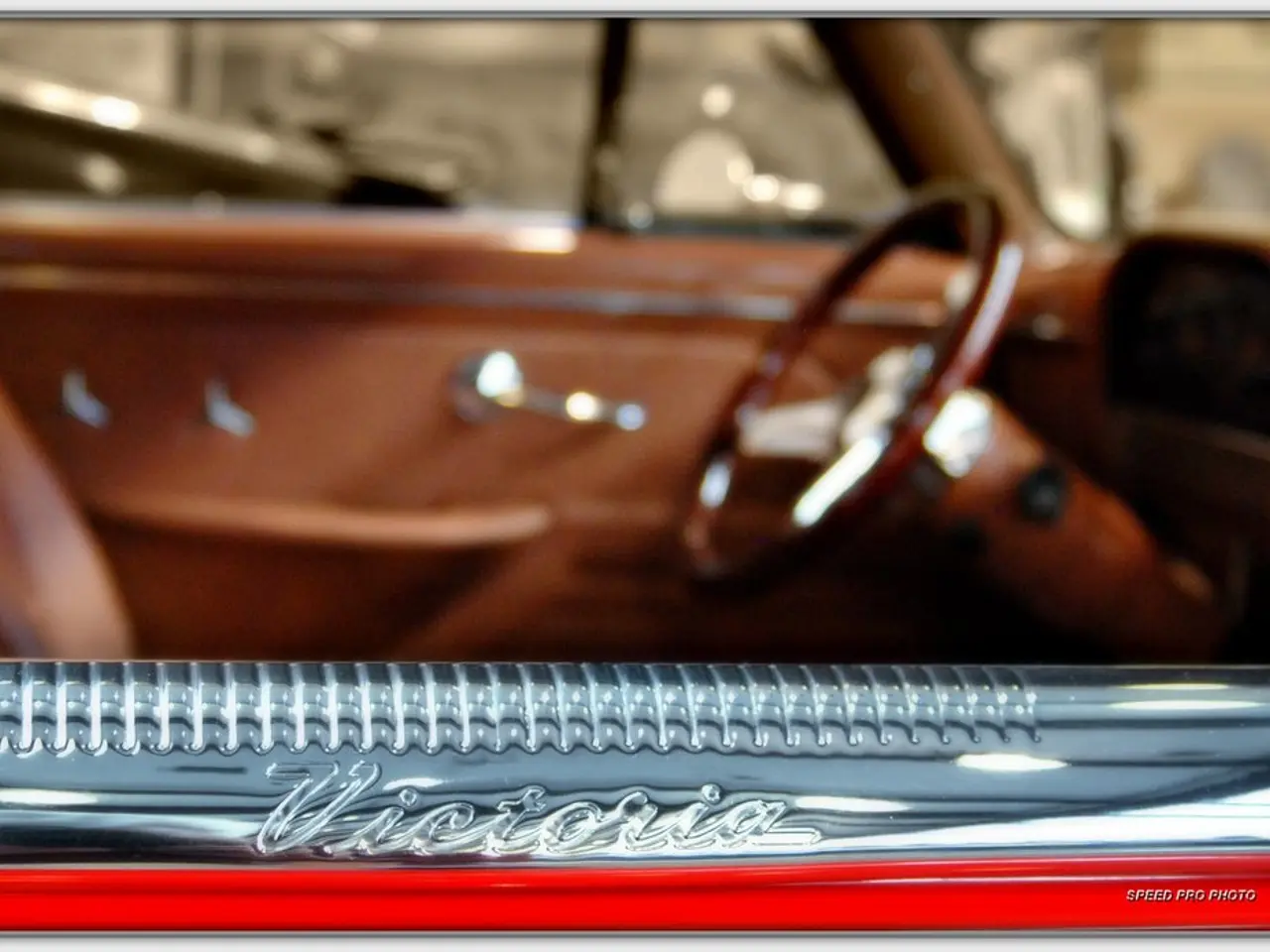BMW Shifts Gears towards Engineering Novel Fuel Cell Hydrogen Test Models
BMW is set to revolutionise its lineup with the introduction of hydrogen-powered vehicles, starting with the next-generation X5 (G65) launching in 2026. This move marks a significant step forward in BMW's commitment to sustainable mobility.
The journey towards hydrogen-powered vehicles began for BMW in the late 1970s, when the company experimented with hydrogen prototypes using a reworked 520i 5 Series for the 520h. Fast forward to the present day, and BMW is gearing up for the production of its third-generation hydrogen fuel cell system, a testament to the company's relentless pursuit of innovation.
The new fuel cell setup, set to debut in BMW's first series-production hydrogen car in 2028, will boast a high level of integration, making it possible to deploy the hydrogen system across multiple platforms. This innovation is expected to result in greater range, more power, and lower energy consumption for customers.
Notably, the new fuel cell system will be 25% smaller, enabling easier packaging in production vehicles. This reduction in size is a crucial step in making hydrogen-powered vehicles more practical and accessible for everyday use.
BMW's Steyr and Munich sites have already begun prototype fuel cell production for the new hydrogen car. The Landshut site will follow suit, adding necessary equipment for series production in May 2026. Certain drive system components for the new hydrogen car will also be built in Landshut.
The leadership in the development of BMW's third-generation hydrogen fuel cell system includes Klaus von Moltke, Head of Engine Production at BMW AG and Managing Director of the BMW plant in Steyr, as well as Jürgen Guldner, Head of Hydrogen Technology. These two individuals will play pivotal roles in the preparations for series production starting in 2028.
BMW is not alone in its quest for hydrogen-powered vehicles. The company is collaborating with Toyota to drive down costs for the upcoming hydrogen fuel cell setup. This collaboration is a testament to the shared vision of both companies for a sustainable future.
In the meantime, BMW is also testing other hydrogen-powered vehicles, including V12-powered 7 Series sedans capable of running on both gasoline and hydrogen. The fifth-generation X5 could also receive an EV derivative with a range-extending gasoline engine serving as a generator.
As BMW moves towards a more sustainable future, the next-generation X5 (G65) is poised to lead the charge. With its hydrogen-powered variant expected two years into its life cycle, BMW is clearly committed to offering customers a diverse range of sustainable mobility options.
Read also:
- Deepwater Horizon Oil Spill: BP Faces Record-Breaking Settlement - Dubbed 'Largest Environmental Fine Ever Imposed'
- Cars' Environmental Impact Explained
- Lawsuit of Phenomenal Magnitude: FIFA under threat due to Diarra's verdict, accused of player injustice
- Union IG Metall advocates for a swifter expansion of electrical mobility in the Eastern region.







